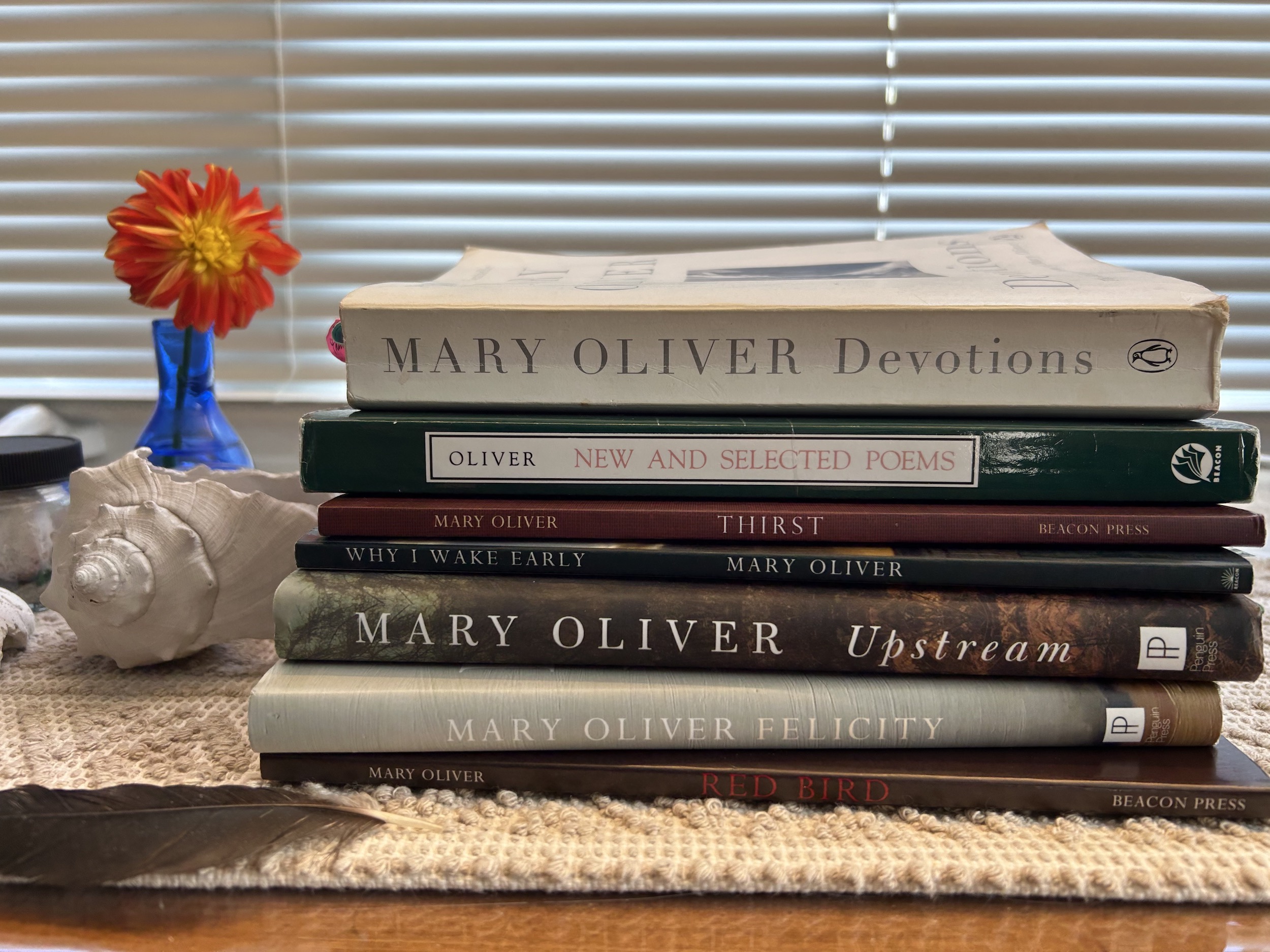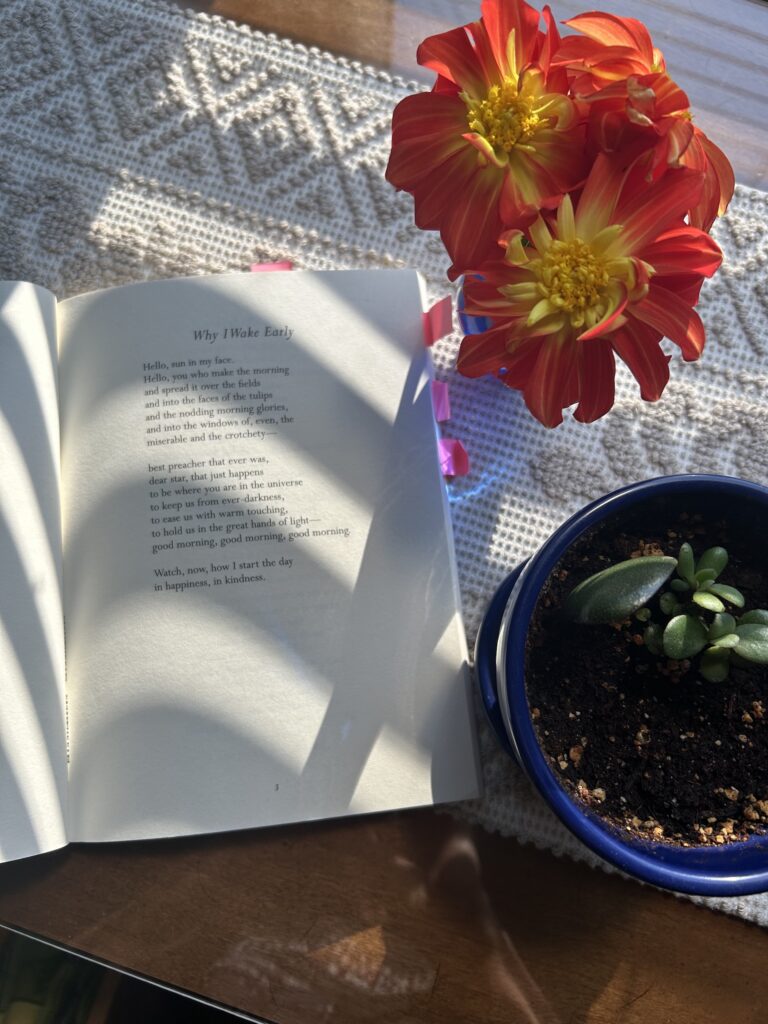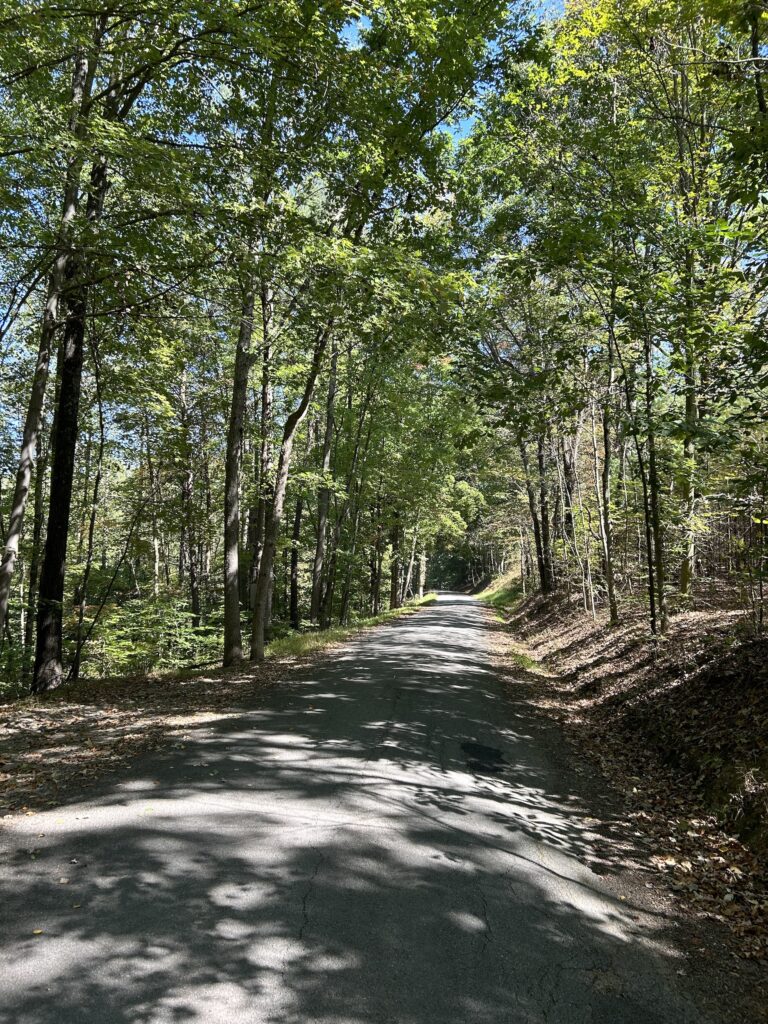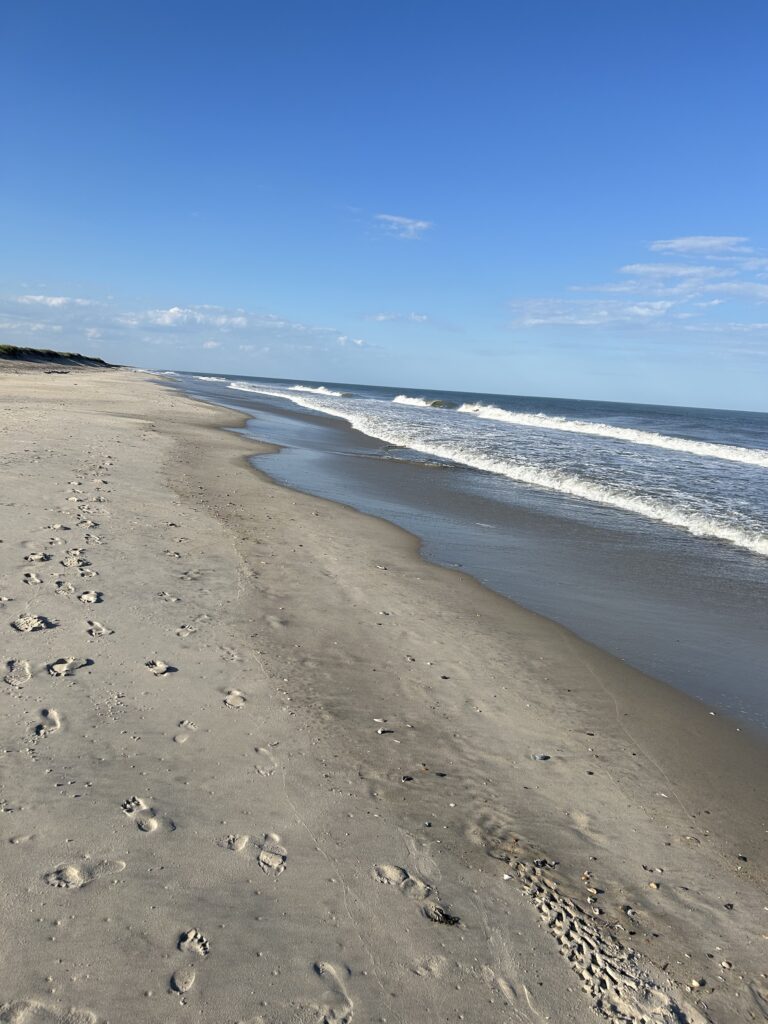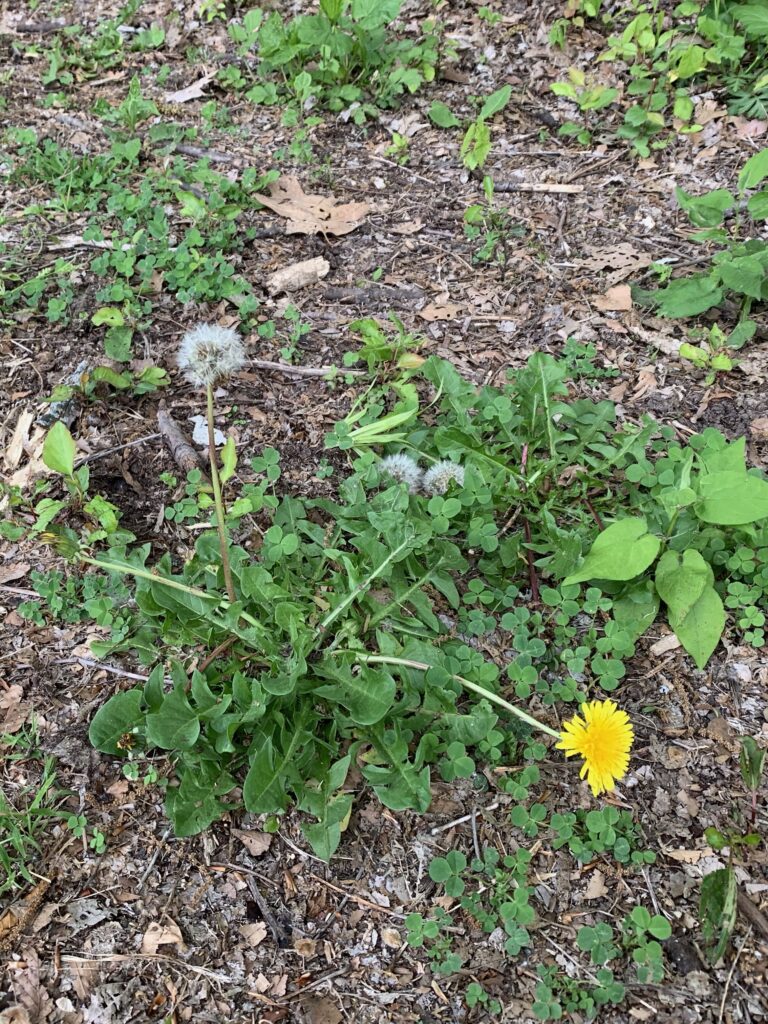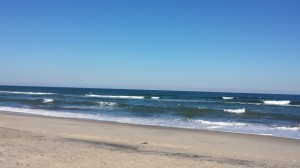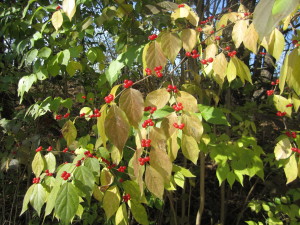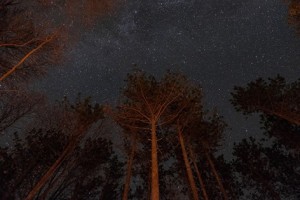September 10 was Mary Oliver’s birthday. It would have been her 89th. I thought of her that morning as I walked into my living room. The sun poured through the window over the buffet, flooding the plants, shells, and other treasures that live there with light.
Hello, sun in my face
Hello, you who make the morning
and spread it over the fields
and into the faces of the tulips
and the nodding morning glories,
and into the windows of, even, the
miserable and the crochety—...
I recited her poem “Why I Wake Early.” It has become my morning prayer whenever the sun greets me by spreading its light over the chair and couch, painting the hardwood floor with yellow stripes reaching to the dining table at the other end of the room.
Mary Oliver is part of my morning reading, and in her honor, I treated myself with a few favorites. Years ago, when I first read it, “At the River Clarion” won my heart with the opening line: I don’t know who God is exactly. Yes. After years of listening, searching, and studying, I still say the same thing. Attention to creation provided hints to the poet. The river splashing across the stone where she sat. The stone itself. The mosses under the water. They spoke to her of holiness and the part of it all things are. Not a message quickly heard, she said, but one understood by being present to the moment, day by day by day.
In the poem, she wonders how one gets “to suspect such an idea,” being a tiny piece of God. Perhaps it’s as 20th century theologian Karl Rahner articulated: God’s enlivening presence within all from the start creates a desire for something beyond ourselves and enables a response to the Divine.
I remember in my high school years, corresponding with a friend’s cousin who was a lay brother at the Dominical House of Prayer in Washington, D.C. I treasured our letters and wrote that we are all part of the wholeness of God. All holding some bit of God, like a puzzle piece, deep within. And when all things finally gathered together, God would be wholly present. What planted that sense in my teenage heart? If Rahner was right, it was there from the start, calling for openness to Mystery and attention.
As Mary Oliver so clearly understood, we are called to notice. Seeking is unnecessary since God is already here. But attentiveness and quiet have something to do with deepening the relationship with the Holy within and without.
Recently, I spent a day with two friends I have known since we were in our late teens. Like beautiful threads, we weave in and out of one another’s life tapestries. Sharing our spiritual journeys is always part of the conversation. Nestled in the woods on the edge of the Hocking Hills, their home is simple yet adorned with beautiful bits of nature and art (many pieces made by friends). Chairs and couches are arranged in a cozy circle good for talking, and the kitchen, complete with a long table, welcomes family and friends.
We shared memories of past gatherings and coming adventures, titles of books we’re currently reading as well as ones that are staples of our lives. We read poetry, caught up on our families, and ate delicious homemade soup and bread while sipping iced tea.
On our walk, light filtered by trees on our right made beautiful patterns across the road and the tree trunks on our left. Nuthatches and chickadees had their lunch at the large feeder and woodpeckers’ drumming announced they were finding theirs elsewhere.
And while I spoke of my soul’s longing to spend days with the ocean, the woody beauty called out for attention. When given to the place where I was at that moment, attention revealed Mystery and Love waiting there.
Oliver’s poem “Praying” begins by pointing out that an encounter with Holy Presence need not be occasioned by something particularly stunning. She says it doesn’t have to be a blue iris. I’d say it doesn’t have to be the ocean.
Praying
It doesn’t have to be
the blue iris, it could be
weeds in a vacant lot, or a few
small stones;
just pay attention, then patch
a few words together and don’t try
to make them elaborate, this isn’t
a contest but the doorway
into thanks and a silence in which
another voice may speak.
Mary Oliver generously shared the fruit of her attention and journey with us in volumes of poetry. I give thanks. And while I’m still hoping for a week or two at a beach before the year is out, I will try to heed her admonition in “Messenger,” that “My work is loving the world…” and that despite having old boots, a torn coat, and arriving at mid-seventies “…still not half perfect …” I will focus on what is mine to do. She sums it up in her poem “Sometimes”:
“Pay attention. / Be astonished. / Tell about it… “
Thank you, Mary Oliver.
Sources:
“Why I Wake Early” by Mary Oliver Published in Why I Wake Early (2004) p. 3
“At the River Clarion” by Mary Oliver Published in Evidence (2000)
“Praying” by Mary Oliver Published in Thirst ( 2006) p. 37
“Messenger” by Mary Oliver Published in Thirst (2006) p. 1
“Sometimes” by Mary Oliver Published in Red Bird (2008) p. 35-38
All these poems and many more, have been published in Devotions: The Selected Poems of Mary Oliver (2019). She arranged these poems herself from her books published from 1963 to 2015! If you love Mary Oliver, this is a book to own!
You can purchase it online from Bookshop.org and support independent bookstores across the country. if you have a favorite, you can even choose the bookstore you would like to support. Mine is Gramercy Books in Bexley, Ohio
